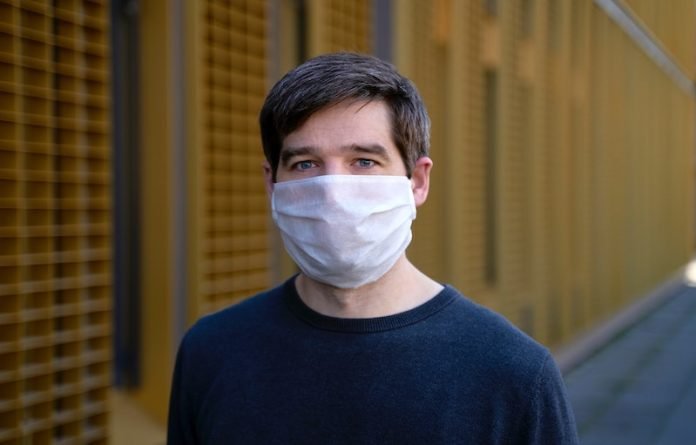
In a study from the University of Surrey, scientists found saliva samples could soon be key to predicting the severity of someone’s case of COVID-19, allowing hospitals to triage patients effectively.
They found that amino acids in saliva could help health care professionals separate patients that suffer from a severe form of COVID-19 from those with milder cases.
The tests currently used for COVID cannot predict severity.
In the study, the team collected saliva samples from 75 individuals in a hospital setting.
While all participants were recruited with at least a suspicion of having COVID-19, only 47 of them presented a positive COVID-19 PCR test.
Of the positive participants, 10 were classed as showing high severity COVID-19, 34 were classed as presenting with low severity COVID-19, and three lacked sufficient clinical information for severity scoring.
The team found that amino acids changed the most when looking at the difference in saliva samples between patients with low and high severity of COVID-19.
This makes the metabolite a promising candidate for a future test that could help identify patients that need the most urgent care.
The team says it is unlikely that they will completely eradicate this awful disease from their lives, so it remains crucial that we develop tools and processes to detect COVID-19 better and, hopefully, predict how it will impact different patients differently.
This experimental study has found that this non-invasive method of simply collecting someone’s saliva can accurately determine whether someone is going to develop a severe case of COVID-19, potentially supporting the prioritization of swift medical interventions in the future.
Investigating non-invasive testing for COVID-19 is a key focus for the team at the University of Surrey.
They have previously published work on the possibility of using swab samples to collect sebum—an oily substance produced by the body’s sebaceous glands to determine whether someone has COVID-19.
If you care about COVID, please read studies about antibodies that block all the COVID-19 variants, and nearly half of people with COVID-19 have ‘long COVID’ symptoms.
For more information about COVID, please see recent studies about antiviral drug that could help stop COVID-19, and results showing common asthma drug may help treat COVID-19.
The study was conducted by Professor Melanie Bailey et al and published in PLOS ONE.
Copyright © 2022 Knowridge Science Report. All rights reserved.



